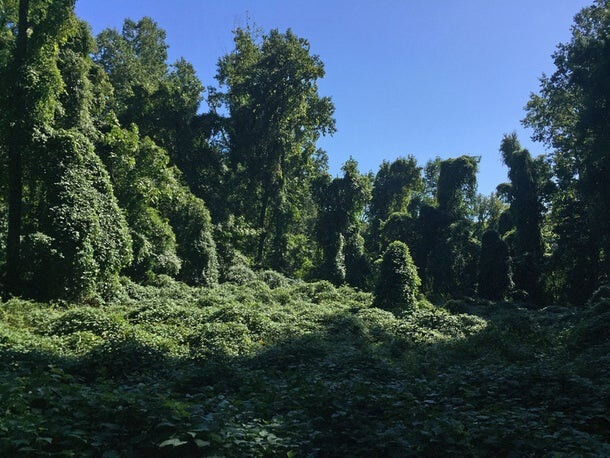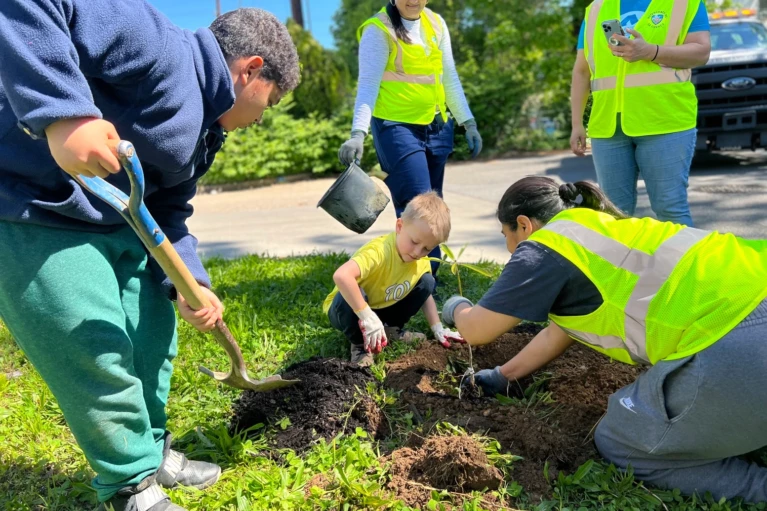New Carnivorous Plant Species Discovered in Worcester County

By Kristin Danley-Greiner
A volunteer botanist has discovered a new carnivorous plant species taking root in Maryland. The Maryland Department of Natural Resources and The Nature Conservancy confirmed the new plant species as the dwarf sundew (Drosera brevifolia).
Volunteer botanist Chase Howard found it growing in an open area in wet, peaty sand in Worcester County. This is the first record of this species growing in Maryland. Prior to this discovery, Virginia was the northern range limit, the DNR said.
Dwarf sundew is an insectivorous plant with a unique way of catching its prey. The paddle-shaped leaves of the sundew form a rosette at the base and are densely covered with hairs that exude a clear, sticky liquid, which attracts and traps various kinds of insects. It then uses the nutrients from the prey animals as fertilizer.
“This clever plant has adapted to life in very nutrient-poor environments,” Maryland Department of Natural Resources community ecologist Jason Harrison said in a statement. “Discoveries like this continue to show that we’re not done learning about Maryland’s biodiversity.”
Dwarf sundew is now the smallest of four sundew species known to Maryland. One of the more common sundews is Spatula-leaved sundew (Drosera intermedia), which is known to exist in open wetlands in southern and eastern portions of the state.
Two other sundews, Pink sundew (Drosera capillaris) and Roundleaf sundew (Drosera rotundifolia), are much more rare and usually found in very acidic wetlands with peaty soils.
Editor’s note: Maryland Matters has a content sharing agreement with Patch.com. To see the original article, click here.
Did someone forward this to you?
Get your own daily morning news roundup in your inbox. Free. Sign up here.




 Creative Commons Attribution
Creative Commons Attribution